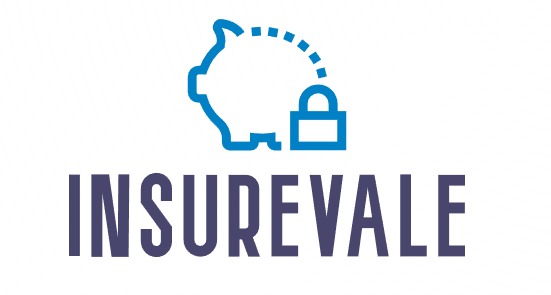The American Bankers Association (ABA) plays a vital role in enhancing consumer understanding of credit and financial literacy through various educational initiatives. In a landscape where financial products and services can be overwhelming, the ABA serves as a key resource for individuals seeking to improve their credit knowledge and financial well-being.
1. Consumer Education Initiatives
Online Resources
The ABA offers a wealth of online resources aimed at educating consumers about credit management and financial literacy. These include:
- Interactive Tools: Tools such as budget calculators and credit score simulators help consumers visualize their financial situations and understand the impact of their decisions.
- Webinars and Workshops: Regularly scheduled webinars provide insights on topics such as understanding credit reports, improving credit scores, and navigating loans and mortgages.
Informational Guides
The ABA publishes a variety of educational materials, including:
- Guides on Credit Scores: These resources explain what credit scores are, how they are calculated, and tips for improving them.
- Debt Management Strategies: Materials that cover best practices for managing debt, including tips for paying off credit cards and loans.
2. Promoting Financial Literacy Among Youth
Youth Education Programs
The ABA recognizes the importance of starting financial education early. They implement several initiatives focused on teaching young people about credit and responsible money management:
- Financial Literacy Curriculum: Partnering with schools, the ABA develops curricula that cover essential financial topics, including budgeting, saving, and credit management.
- Engagement Through Games and Competitions: The ABA supports interactive games and competitions that make learning about finance enjoyable and engaging for students.
3. Community Outreach and Partnerships
Collaborations with Local Banks
The ABA works with local banks to host community events that promote financial literacy. These events often include:
- Workshops for Adults: Programs that educate adults on various aspects of personal finance, including understanding credit and loan options.
- Resource Fairs: Events where community members can access resources, meet financial professionals, and learn about managing their finances effectively.
Partnerships with Nonprofits
The ABA collaborates with nonprofit organizations to expand its reach and impact. Through these partnerships, they aim to:
- Enhance Educational Offerings: Provide more comprehensive financial education resources tailored to underserved communities.
- Increase Awareness of Financial Products: Educate consumers about available financial products and services that can help improve their credit and overall financial health.
4. Advocacy for Consumer Protection
Supporting Responsible Lending Practices
The ABA advocates for consumer protection in financial services, focusing on:
- Fair Lending Practices: Ensuring that lending policies are fair and transparent, providing consumers with the necessary information to make informed decisions.
- Regulatory Engagement: Engaging with regulators to promote policies that protect consumers while encouraging responsible lending and credit practices.
5. Conclusion
The American Bankers Association plays a crucial role in credit education, empowering consumers with the knowledge and tools they need to navigate the financial landscape. Through comprehensive resources, youth education programs, community outreach, and advocacy efforts, the ABA significantly contributes to promoting financial literacy and responsible credit use. As financial products and services continue to evolve, the ABA’s commitment to education and consumer protection remains essential in helping individuals achieve their financial goals.
